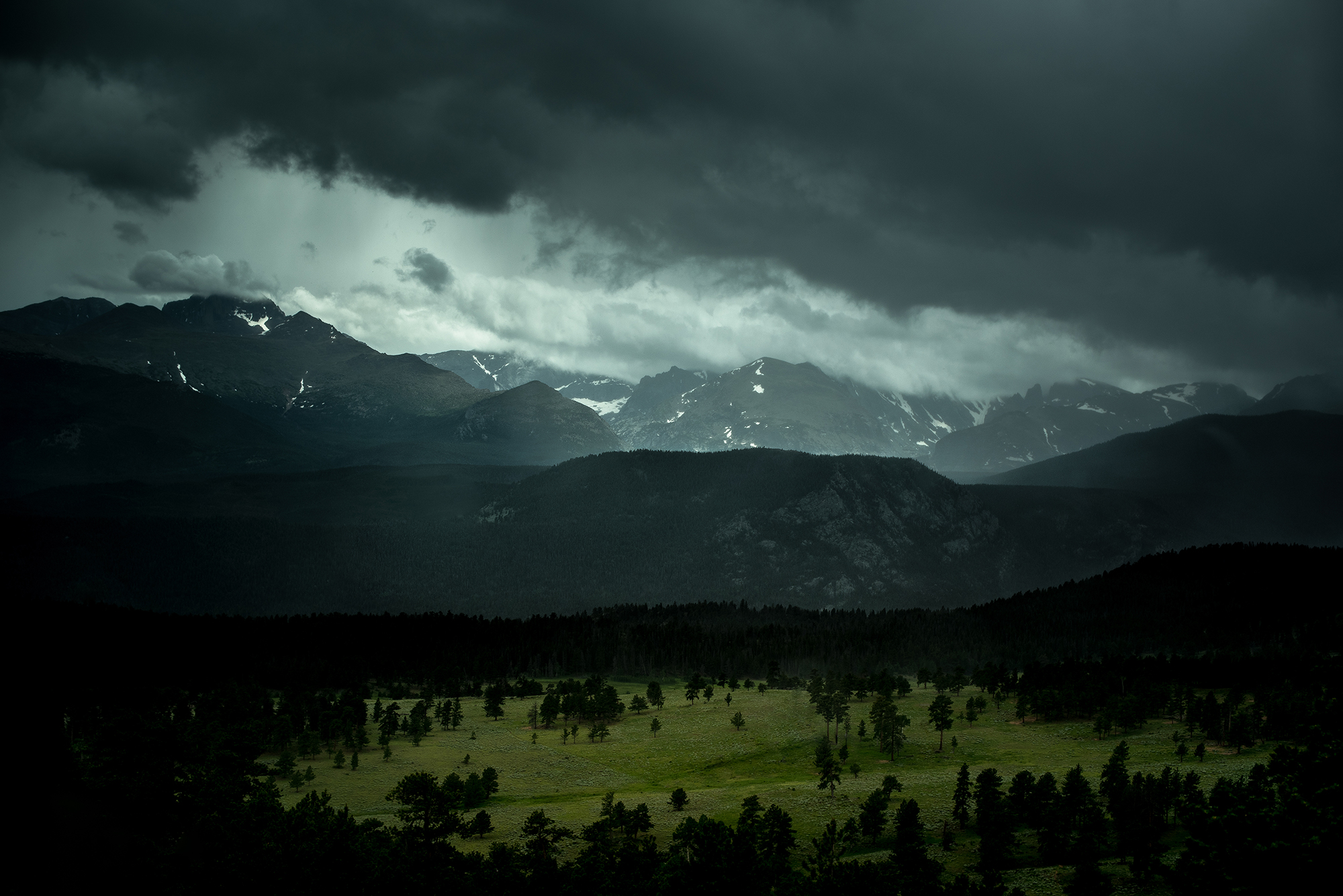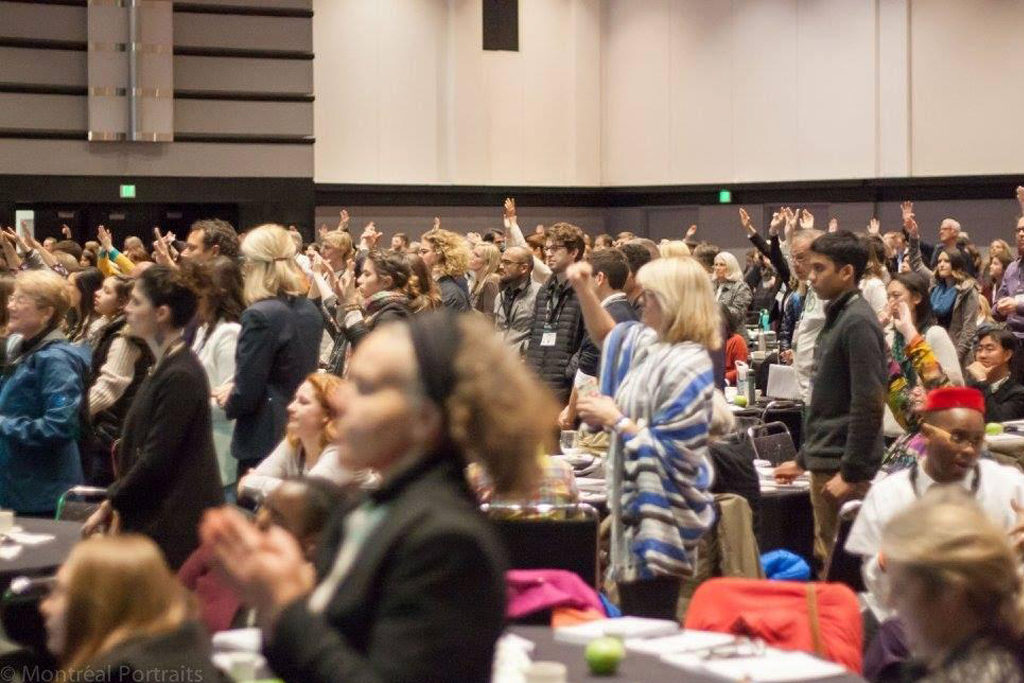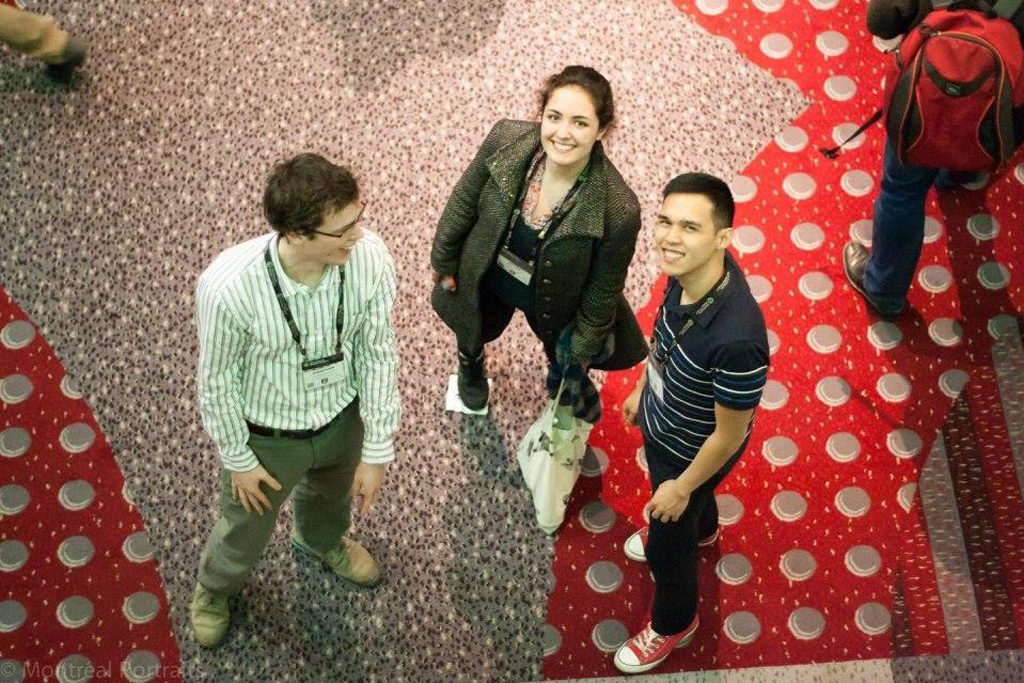
How Cities Lead The Fight Against Climate Change
March 16, 2017 — Blog
It has been almost a year since a summer internship with The Climate Reality Project’s Canadian branch turned into a longer-term commitment for me. During this time, I have been in touch with a number of extremely inspiring Climate Reality Leaders. These volunteers, trained by former American Vice President Al Gore, are committed to giving free presentations about climate change in their respective communities and come from a variety of backgrounds: from teenagers to retirees, they all have a different reason for being involved in the climate movement.
But one single thing does unite them – the passionate enthusiasm to make our planet cleaner and safer for future generations. Seeing such a large and diverse group rally around this cause is one of the most rewarding aspects of my work at The Climate Reality Project Canada. I had the chance to witness this incredible sense of unity when I joined more than 900 people for a Climate Reality Leadership Corps training in Denver, Colorado in early March.
Since first becoming involved in the climate movement, my awareness of the fundamental role of cities in addressing the challenge of climate change has grown. The training was an excellent occasion to refine my knowledge of how municipalities can get involved. As former Colorado governor Bill Ritter said during his keynote speech on the opening day of the program, cities and states have the keys to lead on climate, with or without the support of higher levels of government.
Colorado’s Commitment to Climate Action
Colorado, a large producer of fossil fuels, was an appropriate choice for an event on climate change leadership. The state has been at the forefront of climate action for several years now. In 2004, Colorado became the first U.S. state to adopt a Renewable Portfolio Standard (RPS) by popular vote and the state legislature has since increased the renewable energy requirements several times. It now aims to obtain 30% of its electricity from renewable sources by 2020.
Its cities, too, are committed to implementing ambitious policies to fight climate change. In 2015, Aspen, the popular ski resort, made a complete transition to 100 percent renewable energy. In August of the following year, the city of Boulder made the same commitment. Currently, Denver is working on a feasibility study to assess how it could also undertake this transition.

Cities Leading the Way
Cities are well-positioned to lead the way for climate initiatives as they can commit to and deliver on ambitious change. When Aspen reached its 100 percent renewable energy goal, it was the third American city to do so, following Burlington, Vermont and Greensburg, Kansas. Cities around the world have made similar commitments. In Australia, Sydney has committed to shifting to 100 percent renewable electricity, heating and cooling by 2030. In Japan, Fukushima has set a similar goal to be reached by 2040. According to a 2016 report by the Carbon Disclosure Project, 190 cities around the world have already started implementing measures to reduce their greenhouse gas emissions.
Changing a city’s energy supply is a tall order. Not only does this shift offer logistical challenges, it requires a cultural change, a shift in our way of life based so heavily on fossil fuels. Even with strong popular support, municipalities often have trouble transitioning from long-term utility contracts. However, the transition can be justified by the enormous bill that climate change may cause for cities if strong action is delayed any further. The Carbon Disclosure Project report also outlines that many of the cities involved in the study considered climate action to be an economic opportunity, not an encumbrance.
The three-day training in Denver was barely enough to grasp the magnitude of the hard work put in by city leaders, organizations and individuals for the transition towards clean energy. Still, the atmosphere was electric with a sense of inspiration, positivity and purpose. As I take on my new role as a Climate Reality Leader, I can’t help but ask myself – will my city undertake this challenge?

About the Climate Reality Project
Founded by Nobel Peace Prize Winner and former U.S. Vice President Al Gore, The Climate Reality Project is one of the world’s leading organizations dedicated to mobilizing action on climate change. Follow the Canadian branch of the Climate Reality Project on Twitter: @Reality_Canada